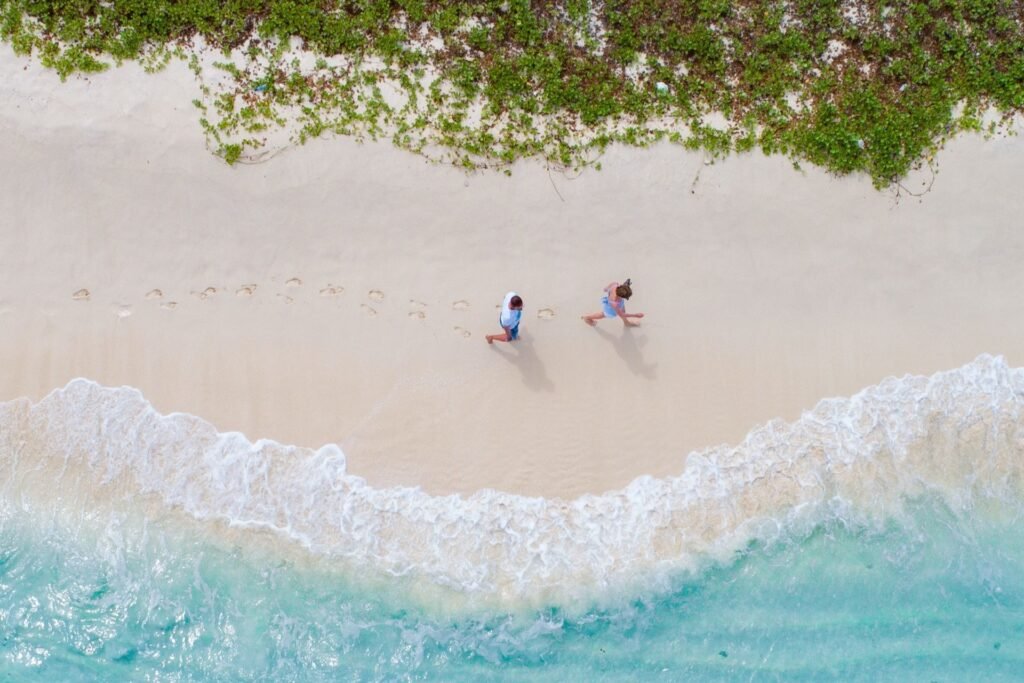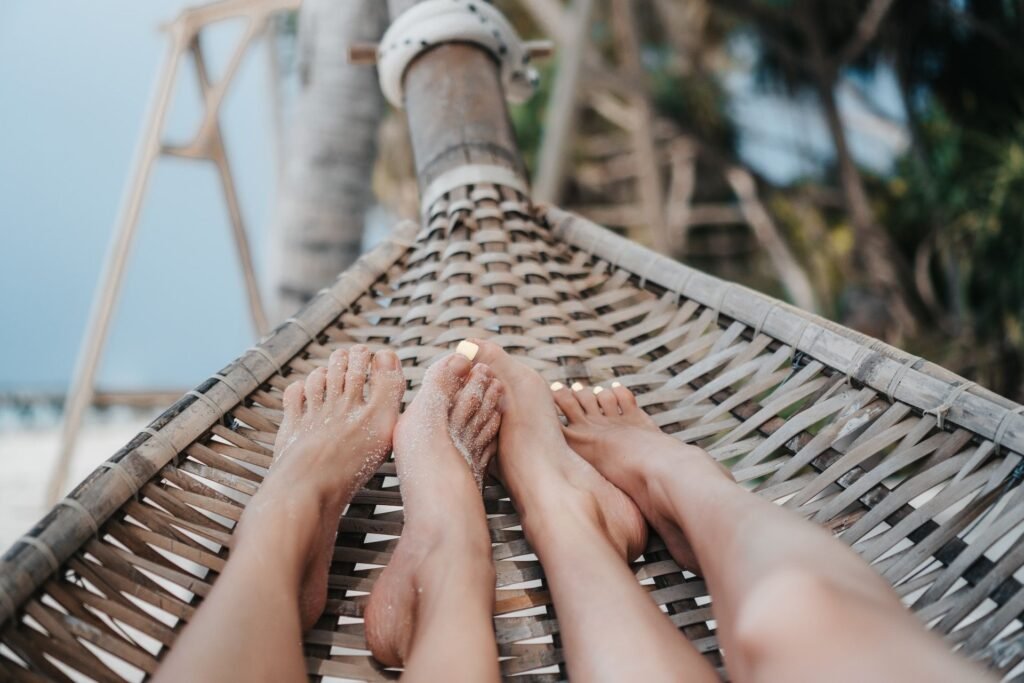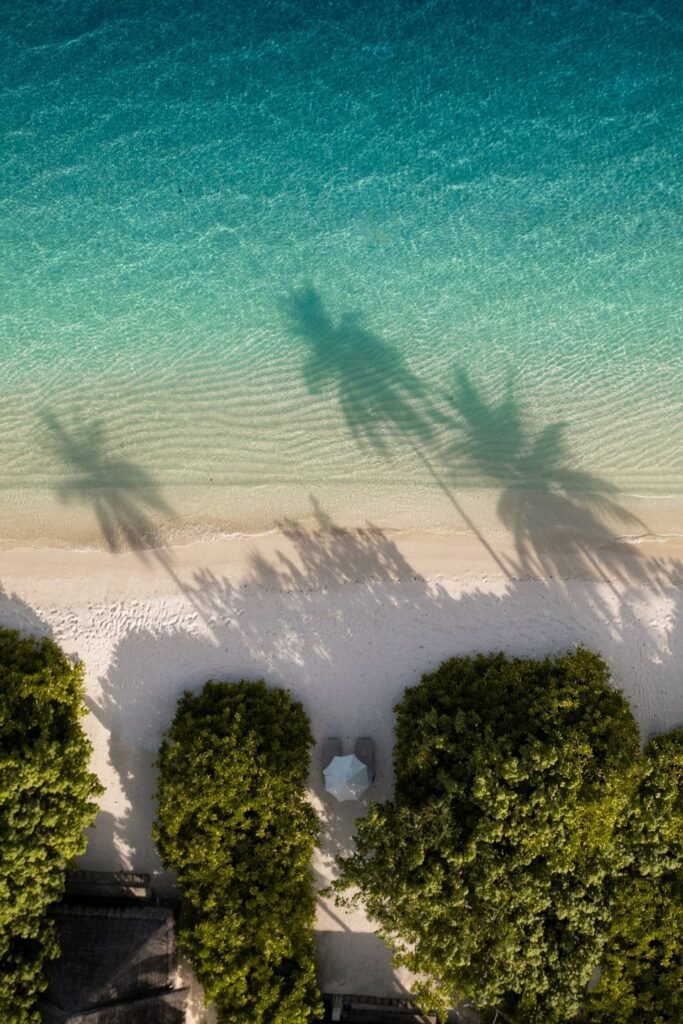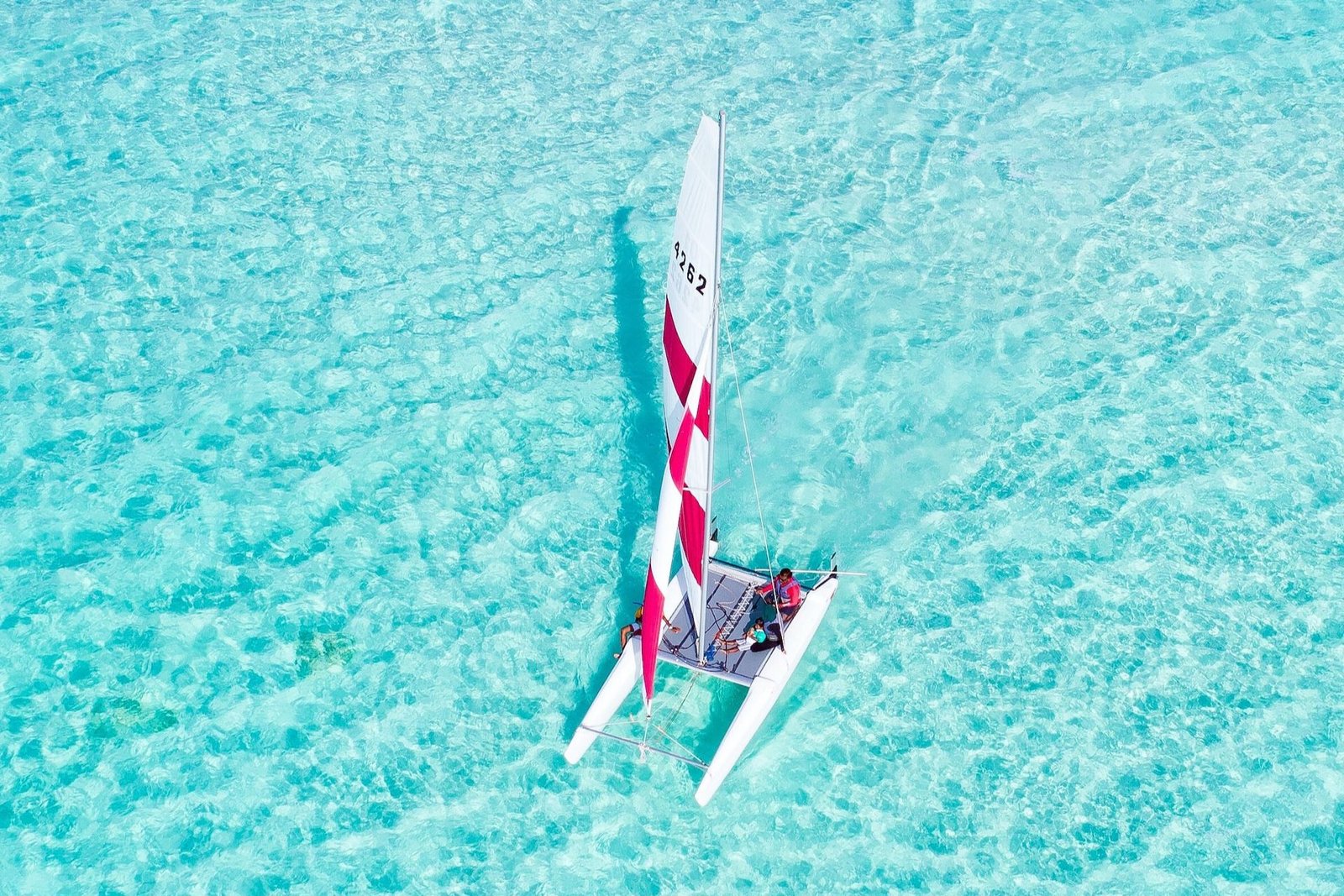When most other countries gasp in the heat of the summer, The Maldives sees incessant rains in the month of August. A refreshing break from the continental summer, the weather in Maldives in August offers an alternative. Before you plan your Maldivian vacation, understand what to expect in terms of temperature, humidity and precipitation.
What Temperatures to Expect in The Maldives in August?
A time when the summer holidays come to an end, August is a nice month for couples who wish to relax at luxurious resorts in The Maldives without the rush of families. Rain-washed traditional huts with opulent interiors and modern amenities await tourists across almost 1,200 islands in The Maldives.
In the month of August, the lowest temperature you can expect is 26 degrees Celsius or 79 degrees Fahrenheit. On the other hand, the highest temperature goes up to 29 degrees Celsius or 84 degrees Fahrenheit. On an average, you will see the mercury reading 28 degrees Celsius or 82 degrees Fahrenheit.
The climate at night is cooler than that throughout the day. The average daytime temperature in The Maldives in August is 29 degrees Celsius or 84 degrees Fahrenheit, while the average night-time temperature is 28.3 degrees Celsius or 83 degrees Fahrenheit.
In the month of August, the average temperature of the sea is 29 degrees Celsius or 84 degrees Fahrenheit. This is comfortable enough for activities to do in Maldives such as swimming, snorkelling, diving, kayaking, stand-up paddle-boarding and others.
An average of 7 hours of sunshine is available on the islands in August out of 12 hours of daylight. You can watch the sun set at around 6:15 PM here. Invest in one of Maldives’ water villas that have plenty of indoor activities so you do not get bored if it rains outside and your day plans need to be modified.
Does it Rain in The Maldives in August?

The Maldives is divided into various administrative atolls, each of which is composed of several islands, whether inhabited or private. These atolls are spread out in a linear fashion such that they lie on both sides of the Equator, that is in the northern hemisphere and the southern hemisphere.
Additionally, this archipelago only has two seasons – wet and dry. While no month of the year is free of rain, even in the dry season, you will also not face rain on every single day in the wet season. No matter when you plan your Maldivian vacation, you are bound to have days of sunshine, some drizzle and some rain-free days.
Maldives’ weather in either hemisphere is opposite to that of the other one. This means, even though August is in the wet season, the rain is more pronounced in the southern atolls as the winds are stronger here. Simultaneously, the northern atolls are relatively driers as the south westerly monsoon winds blow there, sometimes taking away the rain clouds.
Despite the cloudy days, the UV rays in August are quite high. So, a sunscreen lotion with a high SPF (sun protection factor) is recommended. Additionally, if you are concerned about tanning, pay attention to the TPI (tan protection index) of the cream that you plan on bringing with you.
Out of the 31 days in the month of August, you can expect it to rain about 14 days according to the historical average. The average precipitation throughout this month is 188 mm. A raincoat is recommended but you can always rely on the free-to-use umbrellas available with hotels across the islands.
What to Do in The Maldives in August?

The Islamic fasting month of Ramadan continues through August and some of the festivities can be witnessed in Malé – the capital city of The Maldives. This island nation is a Muslim country and celebrates each Islamic holiday with a lot of excitement.
During Ramadan, the public islands are more fun after sunset as the crowds are out to break their daily fast. To get a taste of Maldives’ history and culture, step out for dinner at a local restaurant and try some of the traditional meats and desserts.
You can also sign up for a culinary tour in Maldives, that will give you the opportunity to shop for the ingredients, sometimes with a chef at a renowned restaurant. Apart from learning what vegetables, spices and meats to use in your dishes, you will also learn how to roll a roshi (traditional flat bread) and grate coconut, which is heavily used for garnishing curries.
If you go on food tours that include dining with the locals, you will also be able to learn some Dhivehi – local language of The Maldives. An English-speaking tour guide always accompanies you, so it is not mandatory to know Dhivehi though. The best part about eating with a local family is that you get an idea of social norms and culture inside the homes of the common people. During Ramadan, you will also get to feast on some delicacies that are only prepared during this time.
August is a month of low visibility underwater as the waterscape is flooded with planktons. This is good news for manta rays and whale sharks, though. These marine creatures feed on planktons. If you decide to go on a scuba diving trip to see whale sharks or manta rays, August is just the beginning of the season. Rays and sharks aside, you will also see plenty of vibrant corals, sponges and fishes in various shapes and sizes.
Most scuba suits are sun-proof, so there is no chance of tanning. However for casual swimming, waterproof sun-creams are recommended, especially those that are eco-friendly and do not wash off in the water and harm the underwater flora and fauna.
Maldives Weather by Month
- Maldives Weather in January
- Maldives Weather in February
- Maldives Weather in March
- Maldives Weather in April
- Maldives Weather in May
- Maldives Weather in June
- Maldives Weather in July
- Maldives Weather in August
- Maldives Weather in September
- Maldives Weather in October
- Maldives Weather in November
- Maldives Weather in in December

The sunny yet cool weather in Maldives in August is ideal for travelers from both tropical countries that see torrential rains and continental nations that scorch in the sun. Get in touch with Samudra Maldives to plan your monsoon holiday in style and without the headache of thinking of the logistics.
